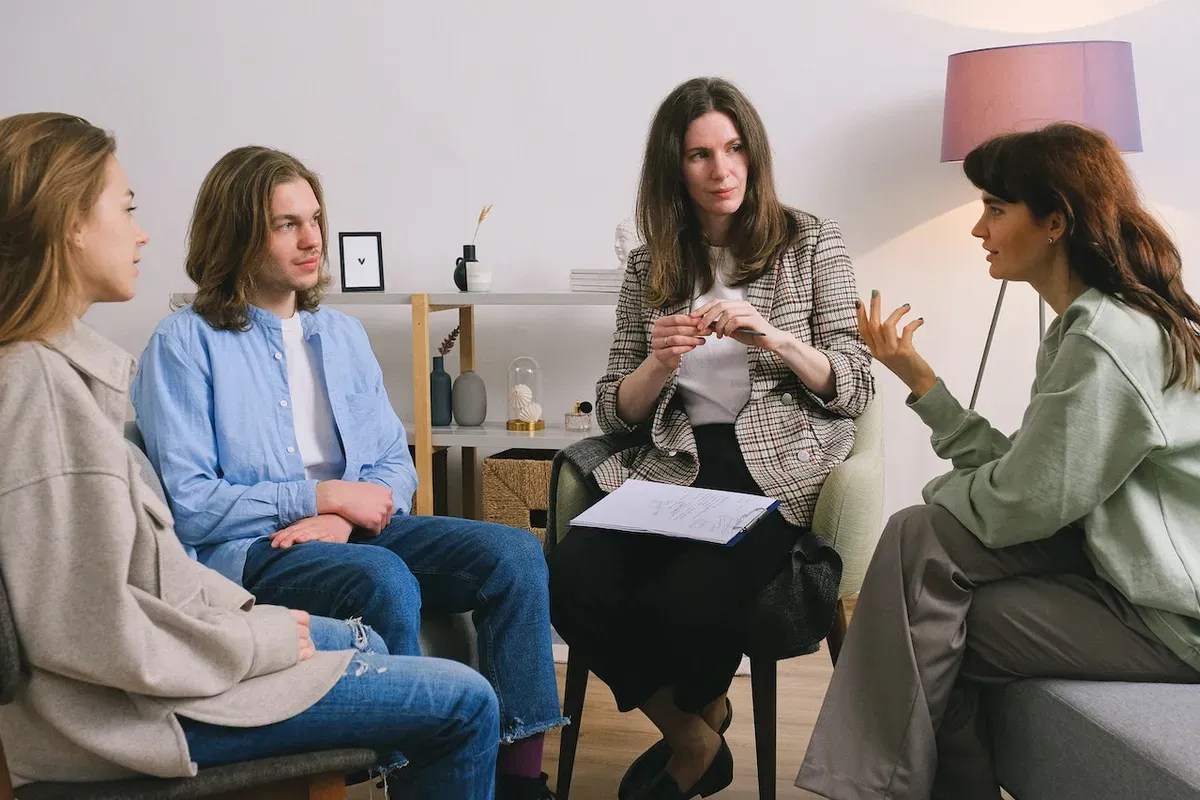
Counseling Techniques
Unravel the world of counseling techniques with our comprehensive guide. Discover their benefits, uses, and how Carepatron can enhance your counseling journey.
Get carepatron free
Commonly asked questions
While some techniques and activities can benefit self-help, it's always best to seek guidance from a trained professional for proper implementation and maximum benefits.
While self-help strategies can support general mental well-being, dealing with complex mental health issues or deep-seated emotional problems often requires professional intervention.
The duration varies based on the individual and the complexity of their situation. However, commitment and consistency usually yield noticeable changes over time.







